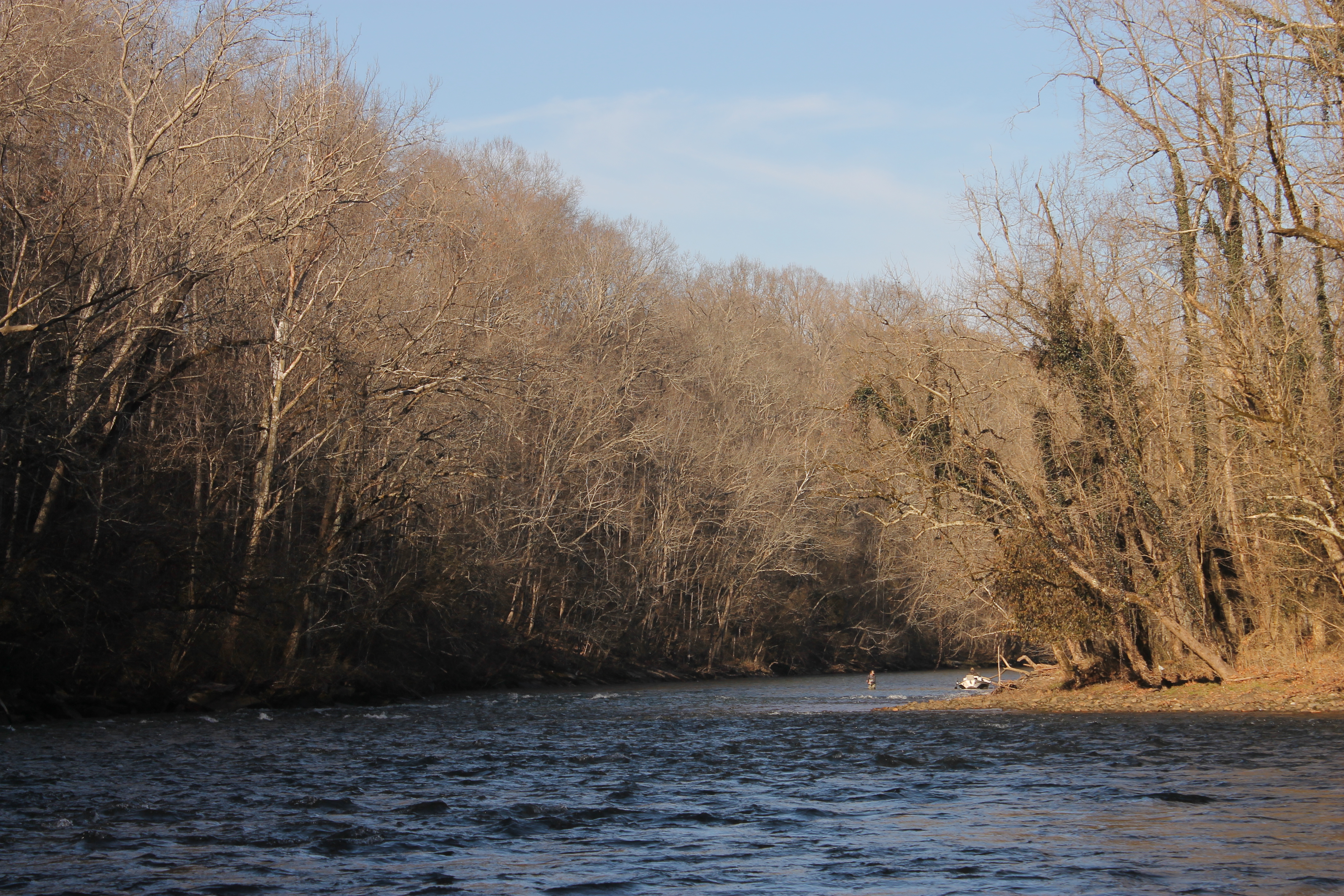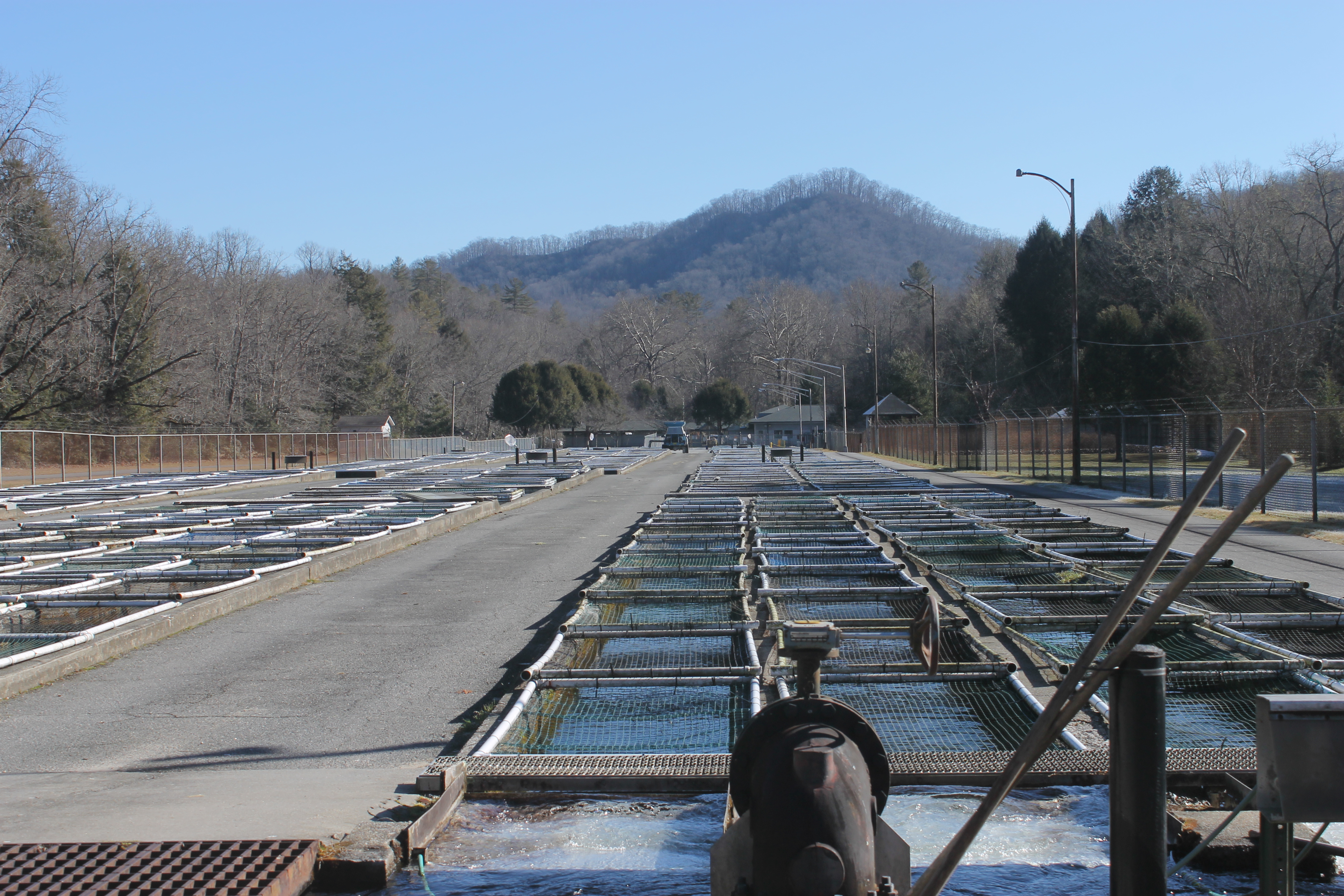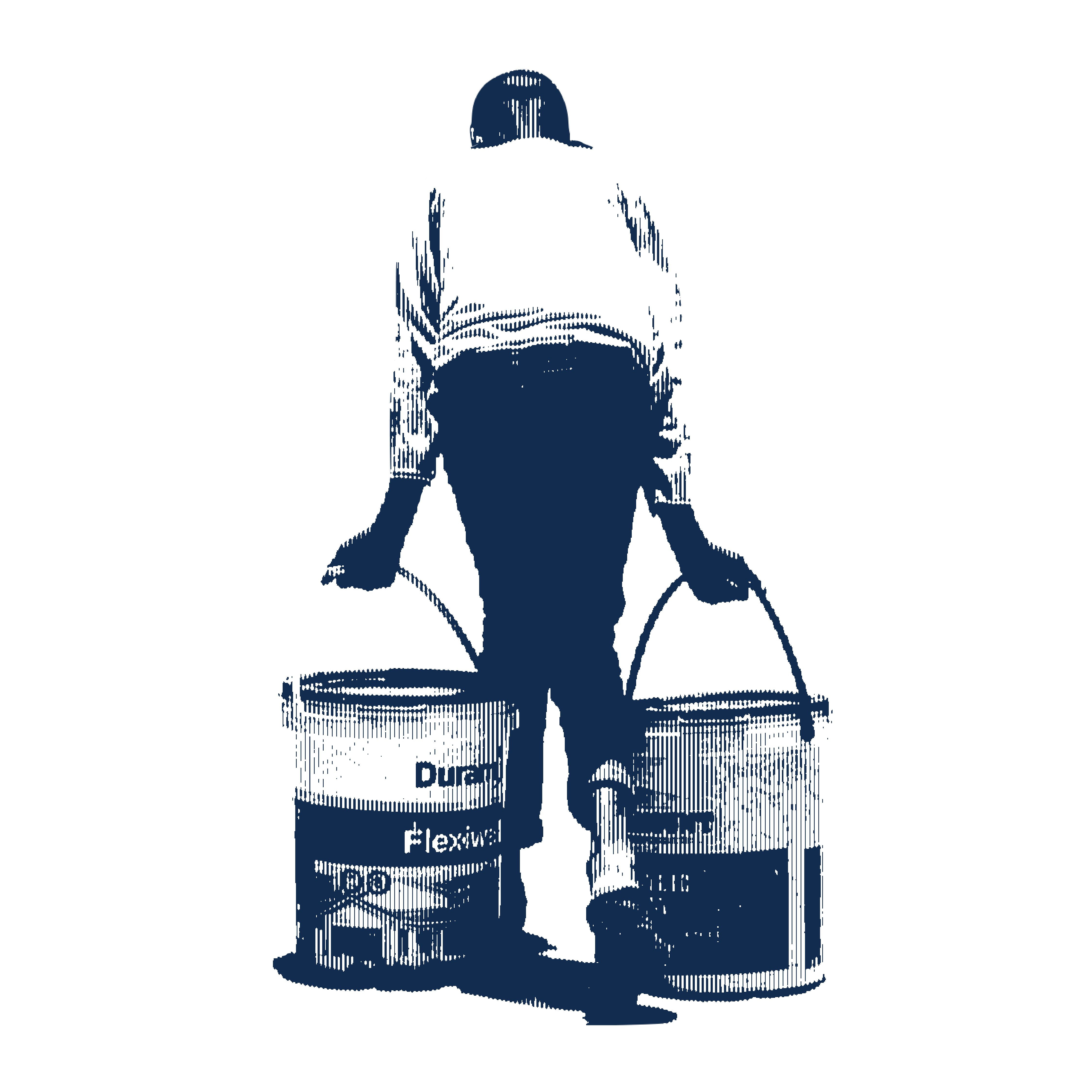
It's a hot day in Boone, North Carolina, if the temperature hits 80 degrees Fahrenheit. Tucked in the mountains, the small city of 20,000 people usually has average summer temperatures around 75 degrees. Charlotte is only two hours away by car, yet there, summer temperatures can hover around 100 degrees for weeks at a time.
For much of the southern United States, heat is one of the biggest climate worries. The Risky Business Project, which quantifies the economic risks in the U.S. of unmitigated climate change, predicts that by 2100, there may be up to 123 days a year with temperatures above 95 degrees in the Southeast U.S. and Texas.
But it won't get as hot in the mountains of Western North Carolina. And people from southern cities, south Florida, and the northeast have noticed—and are flocking here in droves.
Andy Hill is the Riverkeeper for the Watauga River, the headwaters of which are just south of Boone in Grandfather Mountain State Park. He is a long-time resident of the Watauga Basin and has seen how development has exploded.
"We have some new neighbors who couldn't take the heat in Charlotte," he tells me during our phone call. "And now they can work from anywhere. Why wouldn't they work from up here?"
He goes on: "People who have the money to sell the beach house are moving here because they are tired of the consistent hurricanes or the rising tides."
It's a trend that real estate agents all across the region are seeing. Robert Turner, a columnist for The Laurel of Asheville, a publication centered on local art and culture, talked to 90 real estate agents to see if their clients listed climate change as a reason for moving. 95 percent of the agents said that their clients had brought up climate risk during consultations.
But, of course, Western North Carolina is not immune from climate change. The region will get hotter. Storms will become more severe. There will be greater risks of drought and wildfire. The climate crisis is complex, and many factors are at play. An added concern now is how an influx of people adds pressure to a climate-sensitive species like trout.
"We know there's an indirect effect from climate change," says Dr. Caleb Hickman, the Supervisory Fisheries and Wildlife Biologist for the Eastern Band of Cherokee Indians. When people move to the mountains, they build houses, roads, and other infrastructure. As Hickman points out, "overall habitat alteration by people is the major cause of species loss."
This population boom is especially concerning for the brook trout, the only native trout in the region, which lives in clean, cold high-elevation streams. The boom in construction can send silt into rivers and destroy critical stream bank habitat that trout need.
"It's really hard to control this development," says Hickman, when I asked what could be done to mitigate these threats. "And a lot of it goes unnoticed," he added.
If construction is happening outside the Cherokee boundary on a stream that runs through their land, the Cherokee cannot manage the problem from the source. Yet they will bear the brunt of siltation and pollution.
Hill is also worried about the future of the Watauga. "What we are seeing is a real growth in the use of the trout fisheries at the same time as we are seeing a decline in water quality and aquatic habitat."




